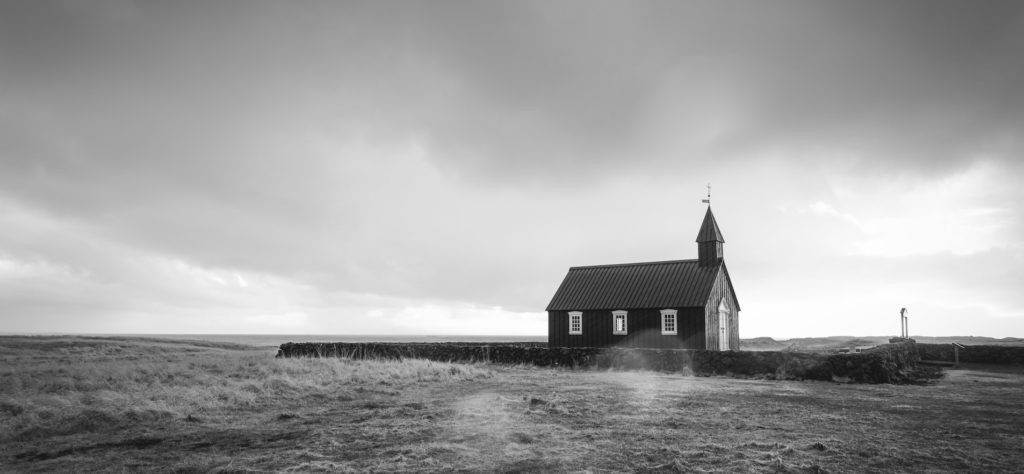In this episode we pick up our conversation with Dr. Chris Green on discerning Christ in the Old Testament. This is part 2 of 2. If you missed last week, catch it HERE. You can follow Chris on social media – @cewgreen (Twitter and Instagram) and cewgreen.substack.

Be sure to subscribe to our YouTube Channel and follow us on Instagram, Facebook and Twitter to stay connected with us throughout the week!
{ON PSALM 23}
The first point on Psalm 23 would be that when we say “shepherd” we mean Jesus… Jesus is teaching us in it… he is “the Lord” who is also “my shepherd…”
We need to also notice how we start the psalm with a claim in the first person… but then suddenly we are in the valley of the shadow of death… if the Lord is leading me, how did I wind up here?!
The key is in the text… the shift from the third person to addressing God directly… and we are now at a table in the presence of our enemies, and because we know him, we know what to do at this table: we serve our enemies…
I started as a little lamb under the care of the Shepherd, to being a co-shepherd in his house… and this is the movement of discipleship, of sanctification…
{ON NUMBERS 17}
If we scan out, we see a series of stories of rebellions… judgment falls, but in every case, without exception, what comes next is an outbreak of a worse sin…
This story follows Korah’s rebellion, and so we know what SHOULD come next… but instead, we see God taking a new tack… he brings “resurrection” out of a dead branch…
This sets a new trajectory for Israel: that God’s response to rebellion is not condemnation but resurrection… and Jesus is the culmination, the embodiment of it…
{THE FLOOD}
The first thing here to remember is to remember who is teaching us… Jesus says things to us to put us in a position of discernment… for instance, in the parable of the unjust judge, he compares God to a wicked judge… so he often says things that make us stop to think, “Is this true of God?”
This is another story where the judgment doesn’t work… the floodwaters recede, and yet nothing has changed… Noah is described as a “man of the earth”, which is the same phrase used for Cain… the text is telling us that even if all your wicked neighbors are removed, the trouble is still in you…
There is a sense in which the Old Testament is a photo negative… we often feel like there’s something that “should be there”… the “what should be there” is Jesus…